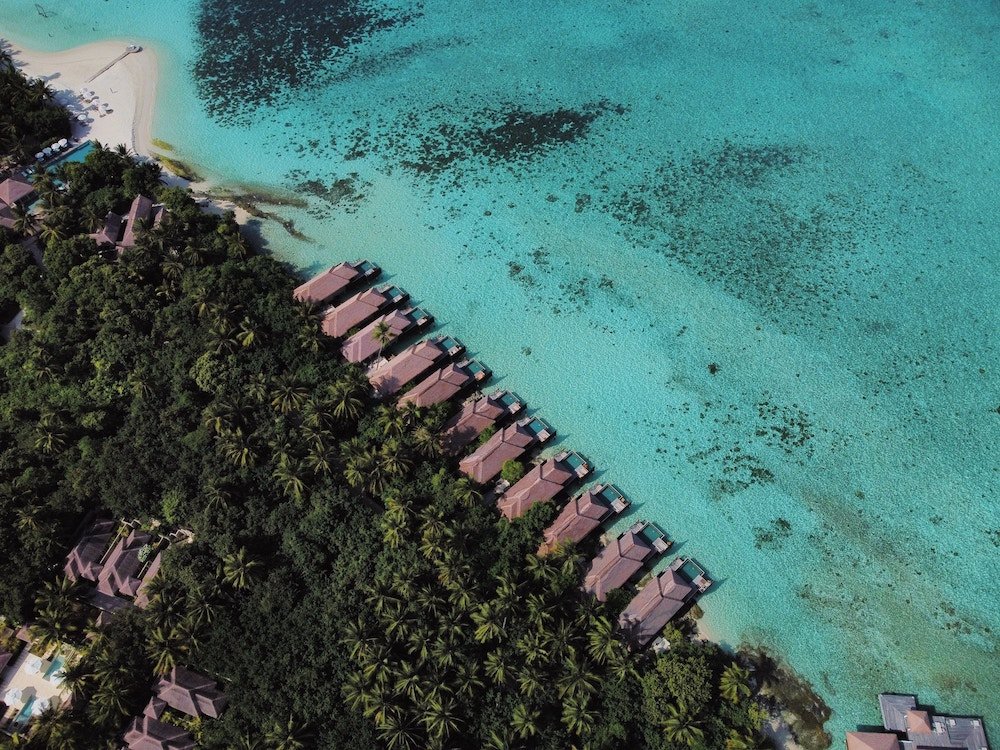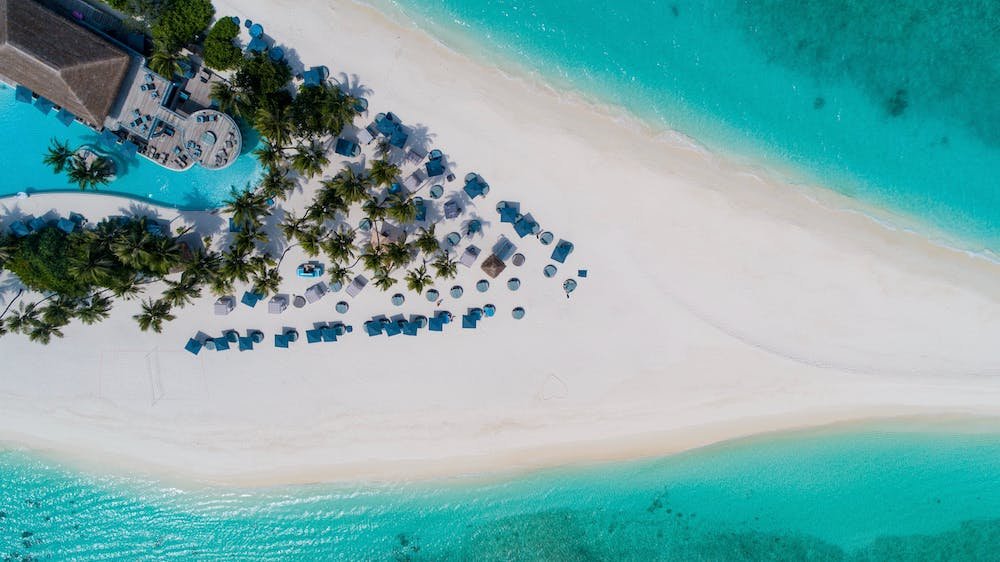
Are you looking to find out why some of the most expensive islands in the world cost so much?
Imagine a world where your backyard isn’t just a garden but a stretch of pristine beach kissed by turquoise waves—a world inhabited by the most expensive islands.
These aren’t just pieces of land; they’re dreamscapes, coveted by those who seek not just a home but a personal paradise.
They’re more than real estate; they’re a retreat from the ordinary, offering a haven where the famous, the wealthy, and the discerning find solace away from the spotlight.
But why do these islands come with eye-watering price tags?
It’s not just about owning land; it’s about owning a piece of paradise.
We’re about to explore the reasons behind the staggering costs of these islands.
From their geographical charm to the stories they hold, each island has a unique narrative contributing to its price.
So, let’s dive into the world of the most expensive islands, where reality meets rarity and luxury paints landscapes beyond imagination.
Factors Influencing Island Prices
1. Location
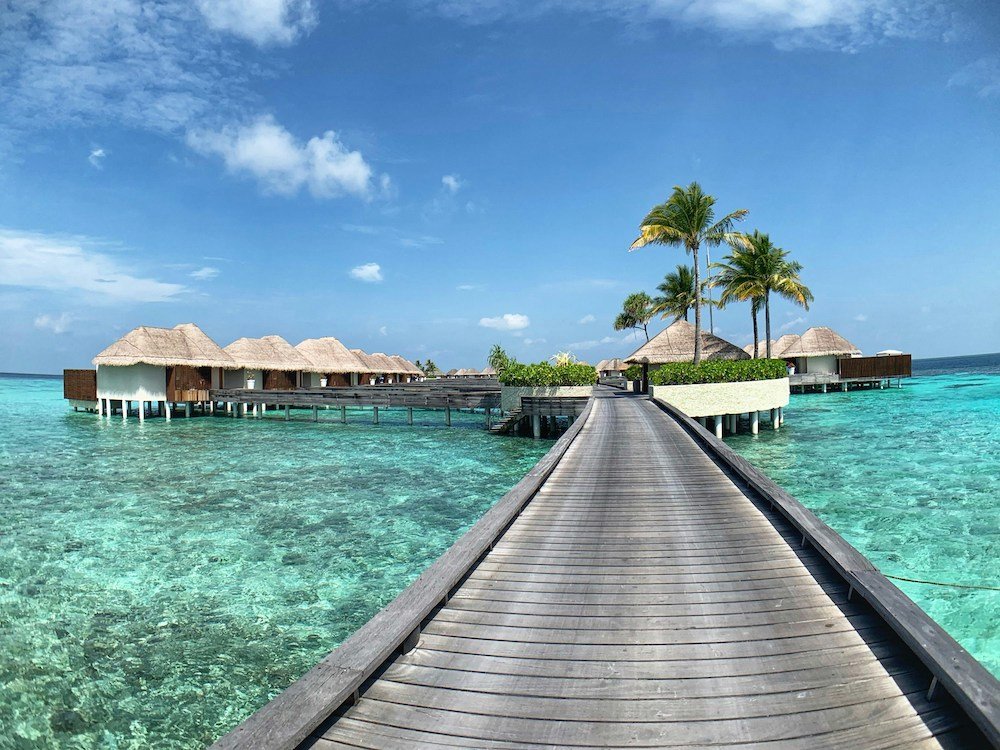
Geographical Significance
The value of an island is often intricately tied to its geographical significance.
Is it nestled in the heart of an archipelago, surrounded by vibrant marine life, or does it stand alone in majestic solitude?
Islands boasting unique geographical features—be it lush rainforests, towering cliffs, or panoramic views—are destined to fetch a premium in the real estate market.
Proximity to Popular Destinations
Consider this: an island just a short boat ride away from a renowned tourist destination.
Proximity matters.
Islands within reach of popular travel hotspots, cultural hubs, or thriving metropolises tend to carry higher price tags.
The convenience of accessibility, coupled with the allure of a private oasis adjacent to the vibrant pulse of civilization, contributes significantly to the overall value.
Climate and Natural Beauty
Beyond the coordinates on a map, climate plays a pivotal role in determining an island’s desirability.
The golden trifecta of sun, sea, and sand holds immense appeal.
Islands with a mild, welcoming climate and breathtaking natural beauty are more likely to captivate buyers seeking an idyllic escape.
The ability to enjoy the outdoors year-round adds an irresistible charm that reflects in the island’s price.
2. Size and Terrain

Larger vs. Smaller Islands
Size does matter when it comes to private islands. Larger islands, akin to mini-kingdoms, offer a canvas for grand estates, extensive amenities, and the luxury of space.
The sheer expanse of land allows for more diverse development possibilities, from sprawling gardens to private airstrips.
On the other hand, smaller islands, though more intimate, often come with a premium of exclusivity—less land, more privacy.
Diverse Topography and Landscapes
Picture an island with rolling hills, hidden coves, and a mix of sandy beaches and rocky cliffs.
The diversity of topography and landscapes transforms an island from a piece of real estate into a work of art.
Islands boasting a medley of natural features, whether it’s a volcanic peak, dense forests, or pristine lagoons, become unique canvases that appeal to a discerning market.
The rarity and variety of terrain contribute significantly to the island’s price tag.
3. Accessibility
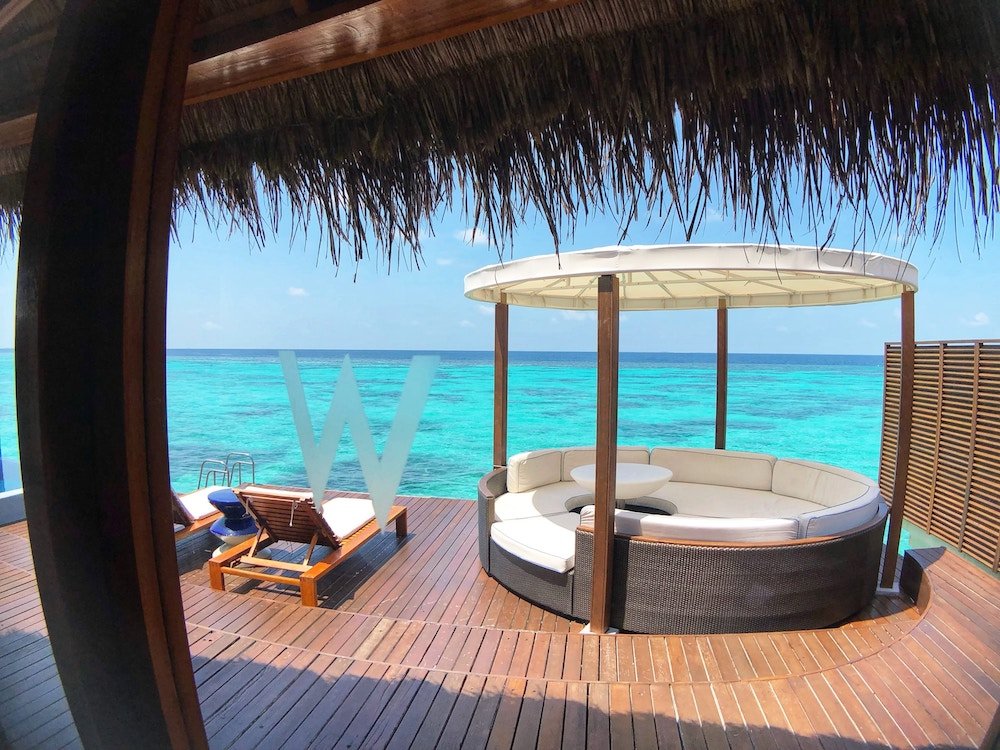
Transportation Infrastructure
The journey to paradise begins with accessibility.
Islands equipped with robust transportation infrastructure, such as well-maintained ports or private docks, offer a seamless transition from mainland to retreat.
The ease of maritime access, whether by yacht or ferry, significantly enhances an island’s appeal.
It’s not just about owning an island; it’s about the convenience of reaching your haven with minimal hassle.
Airport Facilities and Connectivity
For those desiring a more expedient arrival, the presence of airport facilities on or near the island is a game-changer.
Private islands with their own airstrips or proximity to airports with international connectivity become magnets for high-profile individuals.
The allure lies not just in the island itself but in the ease of jetting off to and from the secluded paradise.
Connectivity becomes a premium feature, influencing the overall value of the island.
4. Development and Infrastructure

Existing Structures and Amenities
The value of a private island isn’t solely tied to its natural beauty; it extends to the man-made enhancements that elevate the living experience.
Islands with existing structures—whether it’s a luxurious villa, state-of-the-art spa, or comprehensive utilities—offer a head start in terms of comfort and convenience.
These established amenities contribute significantly to an island’s allure, providing a turnkey solution for those seeking immediate luxury.
Cost of Building and Maintaining Infrastructure
For pristine, undeveloped islands, the prospect of building from the ground up is a captivating challenge.
However, it also adds a layer to the overall cost.
The expense of constructing and maintaining infrastructure—whether it’s constructing a residence, installing utilities, or developing recreational facilities—plays a pivotal role in determining the island’s market value.
The more sophisticated and comprehensive the infrastructure, the higher the potential price tag.
5. Exclusivity and Privacy

Limited Availability
Picture this: a select few own a slice of paradise, and you could be one of them.
Limited availability is a cornerstone of the allure of private islands.
Whether it’s due to geographical constraints, legal regulations, or sheer rarity, the exclusivity of owning a piece of land surrounded by endless ocean adds an intangible value.
The exclusivity itself becomes a premium feature, attracting those who seek not just a property but a distinguished status.
Privacy and Security Measures
In the realm of private islands, privacy isn’t just a preference; it’s a non-negotiable asset.
Islands equipped with robust privacy and security measures—whether it’s discreet surveillance, exclusive access points, or even dedicated security staff—command higher prices.
The promise of an untouched sanctuary, shielded from prying eyes and unwanted intrusion, adds an immeasurable value to these exclusive retreats.
6. Historical Significance
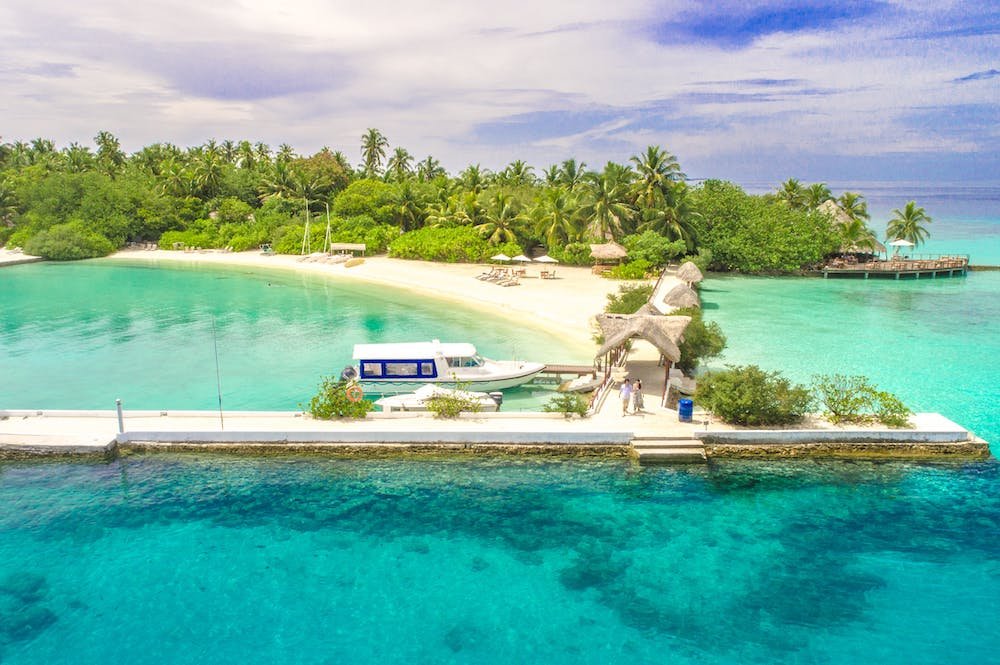
Islands with Rich Histories
Beyond the sun-kissed beaches and lush landscapes, some private islands carry a tapestry of history.
Islands that have played witness to significant events, hosted notable figures, or held cultural importance bear a unique charm.
The rich history and stories of these islands transforms them from mere real estate to living chronicles.
The allure of owning a piece of history adds an invaluable layer to the island’s overall worth.
Preservation and Restoration Efforts
In the pursuit of maintaining the authenticity and charm of historically significant islands, preservation and restoration efforts come into play.
The commitment to preserving the island’s cultural and natural heritage, whether through meticulous restoration of historic structures or adherence to environmental conservation practices, contributes to its overall value.
The synergy between history and conservation elevates these islands to more than just private retreats—they become guardians of time.
7. Environmental Regulations

Impact of Environmental Policies
In the era of heightened environmental awareness, the impact of governmental and international environmental policies plays a crucial role in shaping the value of private islands.
Islands subject to stringent regulations aimed at preserving biodiversity, limiting development footprints, and ensuring sustainable practices often carry a different market dynamic.
Compliance with environmental policies can both enhance the island’s appeal and pose challenges, influencing its overall market value.
Conservation and Sustainability Efforts
The commitment to conservation and sustainability is not merely a response to regulations; it’s a proactive stance that adds prestige to a private island.
Whether through the implementation of eco-friendly technologies, adherence to green building practices, or active participation in conservation initiatives, islands that prioritize environmental responsibility create a harmonious balance between luxury living and ecological preservation.
Such efforts contribute positively to the island’s reputation and, consequently, its price tag.
Case Studies: Examining Specific Expensive Islands
Example 1: Necker Island, British Virgin Islands
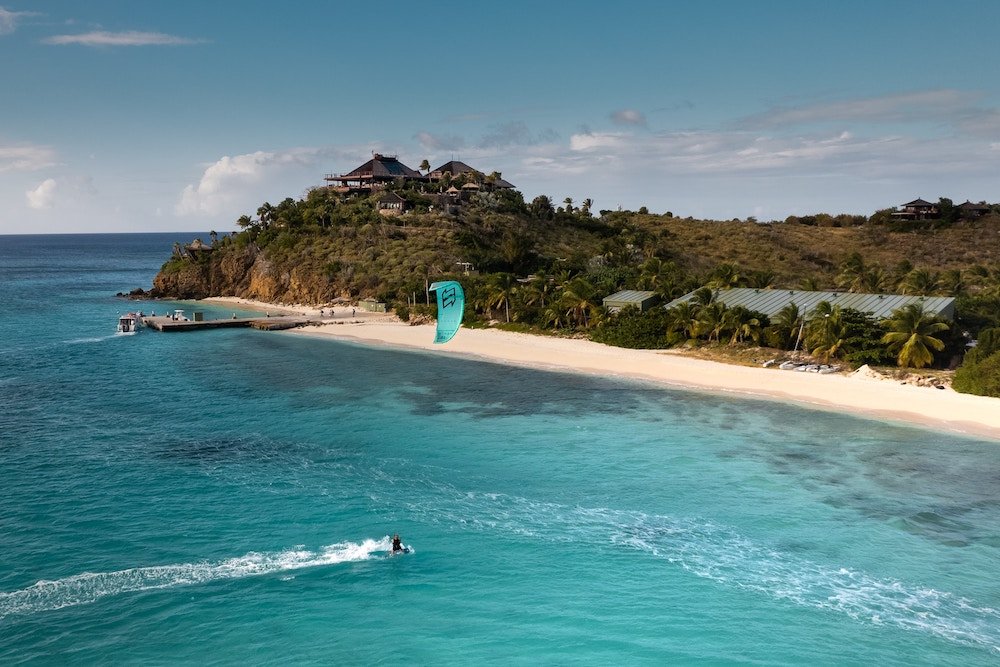
Year of Purchase and Purchase Price
Necker Island, situated in the azure waters of the British Virgin Islands, became the crown jewel of Sir Richard Branson’s real estate portfolio in 1978.
Acquired for a modest sum of $180,000, this 74-acre paradise underwent a transformative journey under Branson’s vision.
Average Cost Per Night
Necker Island offers an exclusive experience for those seeking unparalleled luxury.
With the entire island available for private hire, the average cost per night for up to 48 guests in 2024 is a staggering $140,000. This price includes not only accommodation but also access to a dedicated staff, gourmet dining, and a plethora of recreational activities.
Alternatively, if you just want one room for an individual stay, this will set you back a total of $5650 USD per night in 2024.
Unique Features and Attractions
What sets Necker Island apart are its unique features, including Balinese-style villas, pristine sandy beaches, and the breathtaking Great House, which serves as the focal point of the island.
The underwater observatory and the impressive wildlife, including lemurs, add to the island’s distinctive charm.
Development and Infrastructure Investments
Sir Richard Branson spared no expense in developing Necker Island into a haven of luxury.
Extensive infrastructure investments include the construction of opulent villas, a stunning infinity pool, and state-of-the-art amenities, all seamlessly blending with the island’s natural beauty.
Notable Owners or Residents
Aside from being the private retreat of Sir Richard Branson, Necker Island has hosted an array of notable guests, including celebrities, business magnates, and even royalty.
Its allure extends beyond ownership, making it a playground for the world’s elite.
Historical Background
With a history dating back to the 1960s, Necker Island underwent various ownerships before Sir Richard Branson’s acquisition.
Its historical background, combined with Branson’s transformative vision, adds layers of intrigue to this tropical haven.
Example 2: Laucala Island, Fiji
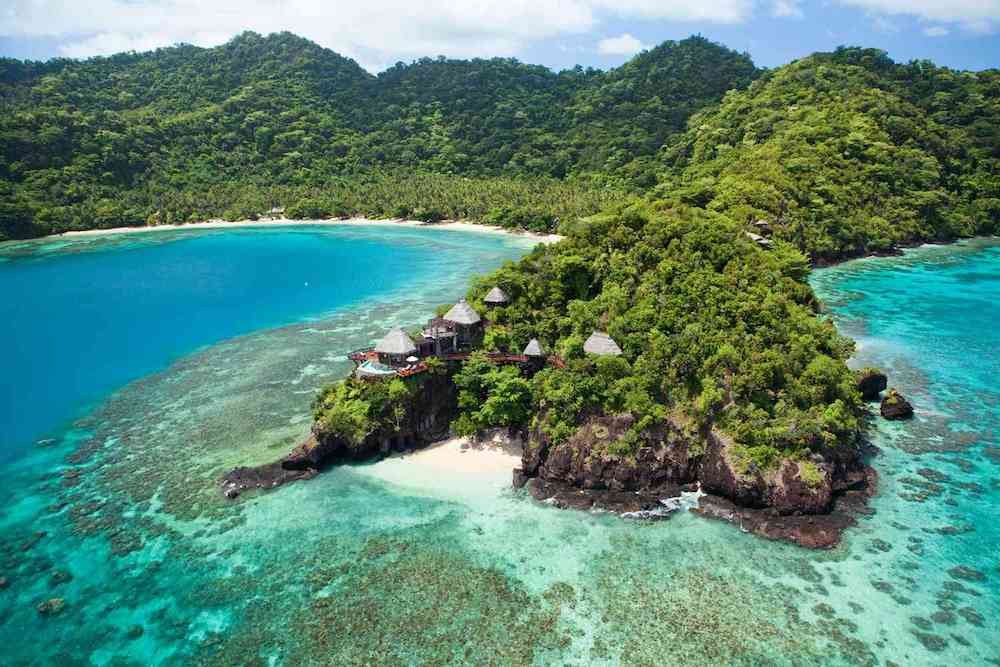
Year of Purchase and Purchase Price
Laucala Island, nestled in the picturesque landscapes of Fiji, underwent a significant transformation when it was acquired by Red Bull co-founder Dietrich Mateschitz in 2003.
The purchase price for this 3,500-acre island was reported to be approximately $10 million.
Average Cost Per Night
Laucala Island offers an exclusive experience, allowing guests to immerse themselves in luxury amidst pristine surroundings.
The average cost per night for a stay on Laucala Island ranges from $5,000 to $45,000, depending on the chosen accommodation and personalized experiences.
Unique Features and Attractions
What sets Laucala Island apart are its unique features, including private villas, an 18-hole championship golf course, and a private airstrip.
The island is also home to lush tropical landscapes, cascading waterfalls, and a coral reef, creating an idyllic backdrop for an unforgettable escape.
Development and Infrastructure Investments
Under Dietrich Mateschitz’s ownership, Laucala Island underwent substantial development and infrastructure investments.
Luxurious villas, each with its own infinity pool, were constructed, and the island’s facilities were upgraded to provide an unparalleled level of comfort and opulence.
Notable Owners or Residents
Dietrich Mateschitz, known for his ventures in the energy drink industry, is the notable owner of Laucala Island.
The island has also gained recognition as a celebrity retreat, attracting high-profile visitors seeking an exclusive and private getaway.
Historical Background
While Laucala Island doesn’t have an extensive historical background compared to some islands, its transformation under Mateschitz’s ownership has added a contemporary chapter to its story.
The island’s history is now intertwined with the vision of its owner and the luxurious experiences it offers.
Market Trends and Influences
1. Economic Factors
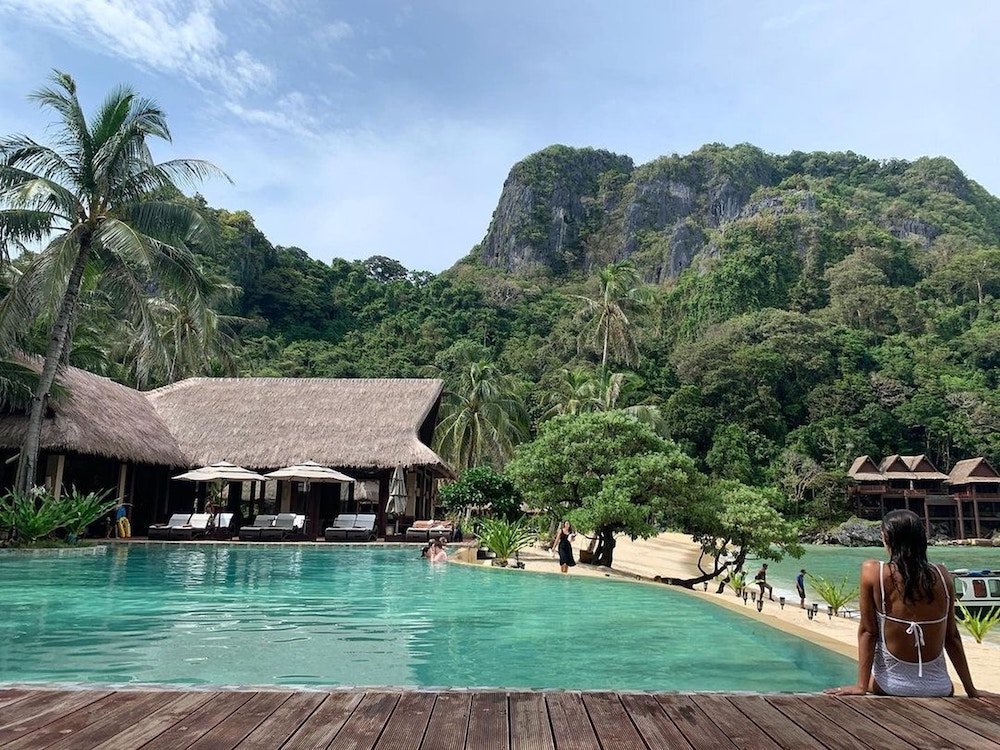
Global Economic Trends
The market for private islands is inherently intertwined with global economic trends.
Economic stability, growth, and downturns have a direct impact on the purchasing power and investment decisions of individuals and corporations interested in acquiring these exclusive properties.
During periods of economic prosperity, the demand for luxury real estate, including private islands, tends to rise.
Conversely, economic uncertainties or recessions may influence a more cautious approach in the market.
Impact of Inflation on Island Prices
Inflation, as a measure of the decrease in purchasing power of a currency, can influence the pricing dynamics of private islands.
As the cost of living and construction materials rises due to inflation, the overall expenses associated with developing, maintaining, and upgrading private islands also increase.
This upward pressure on costs may contribute to higher price tags for these exclusive retreats, as owners seek to offset inflationary impacts.
2. Celebrity Influence
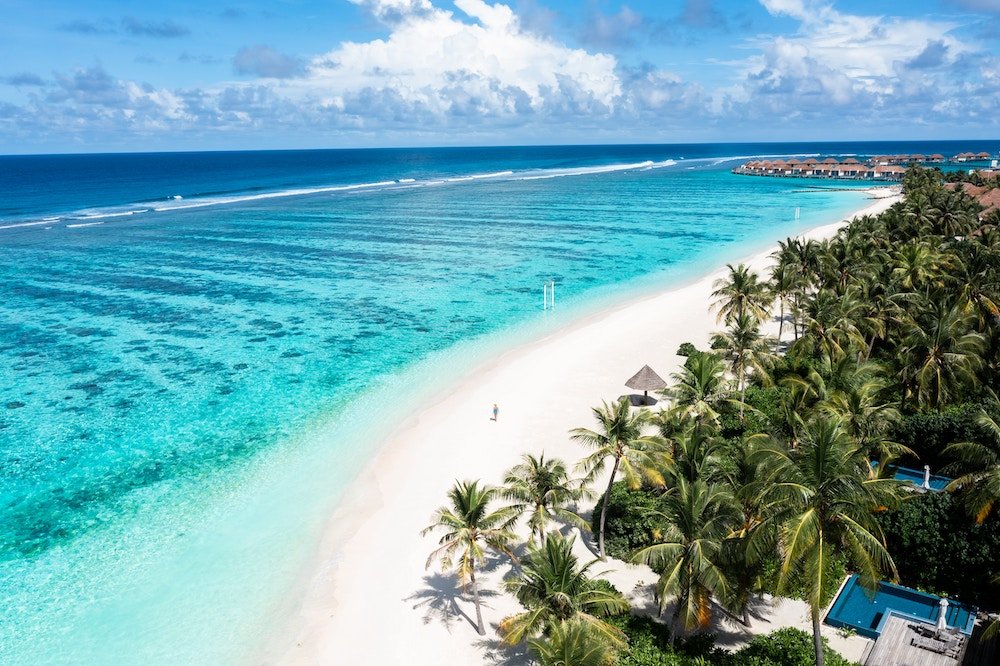
Famous Island Owners
The allure of private islands is often heightened by the glittering presence of celebrity owners.
Prominent figures from the entertainment industry, business magnates, and even royalty have made headlines by acquiring their own secluded havens.
Notable names such as Richard Branson (Necker Island), Leonardo DiCaprio (Blackadore Caye), and Johnny Depp (Little Hall’s Pond Cay) contribute to the mystique of private island ownership.
The cachet associated with these celebrity owners adds an aspirational element, influencing the market as enthusiasts seek to emulate the lifestyles of the rich and famous.
Media Coverage and Public Perception
Media coverage plays a pivotal role in shaping public perception and interest in private islands.
When a celebrity purchases or invests in a private island, it often garners widespread attention.
The coverage extends beyond the mere transaction, delving into the unique features, lifestyle, and exclusivity associated with these island retreats.
This media spotlight not only influences public perceptions of private islands but also contributes to trends in the real estate market, with increased interest and demand often following high-profile acquisitions.
3. Real Estate Market Dynamics
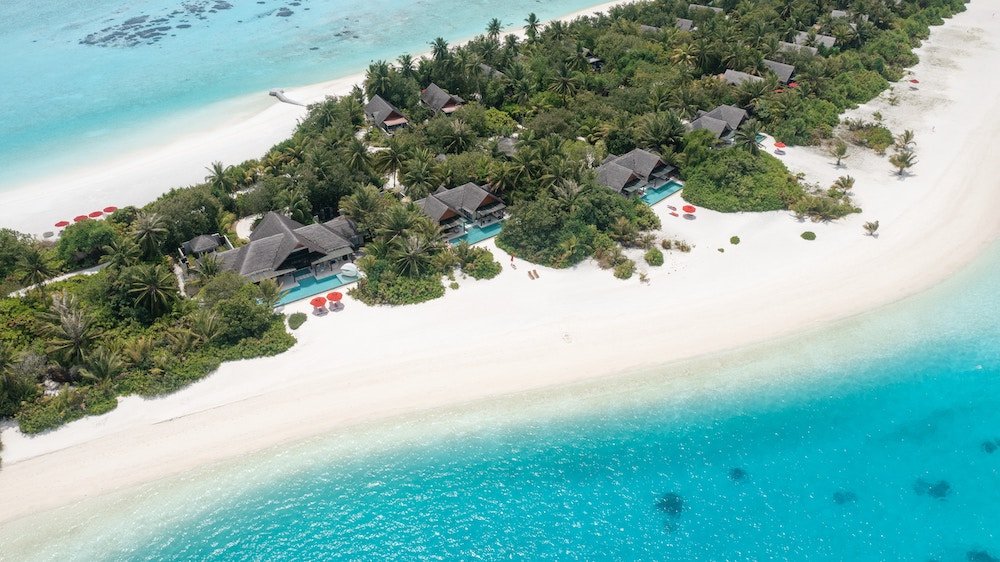
Demand and Supply Factors
The traditional economic forces of supply and demand play a crucial role in shaping the market for private islands.
As demand increases for exclusive retreats and secluded getaways, the limited supply of private islands becomes even more precious.
Factors such as population growth, rising affluence, and an increasing desire for privacy contribute to a heightened demand for these unique properties.
The interplay between the scarcity of available islands and the growing desire for such exclusivity influences the overall market dynamics, often leading to appreciating values.
Role of Luxury Real Estate Developers
Luxury real estate developers emerge as key influencers in the private island market.
Their vision, expertise, and financial backing can transform undeveloped islands into opulent retreats, catering to the discerning tastes of high-net-worth individuals.
The strategic development of infrastructure, amenities, and environmental considerations by these developers not only enhances the appeal of private islands but also sets new benchmarks for luxury living.
Their role in crafting the narrative of exclusivity contributes significantly to the market trends surrounding these coveted properties.
4. Tourism and Hospitality Industry
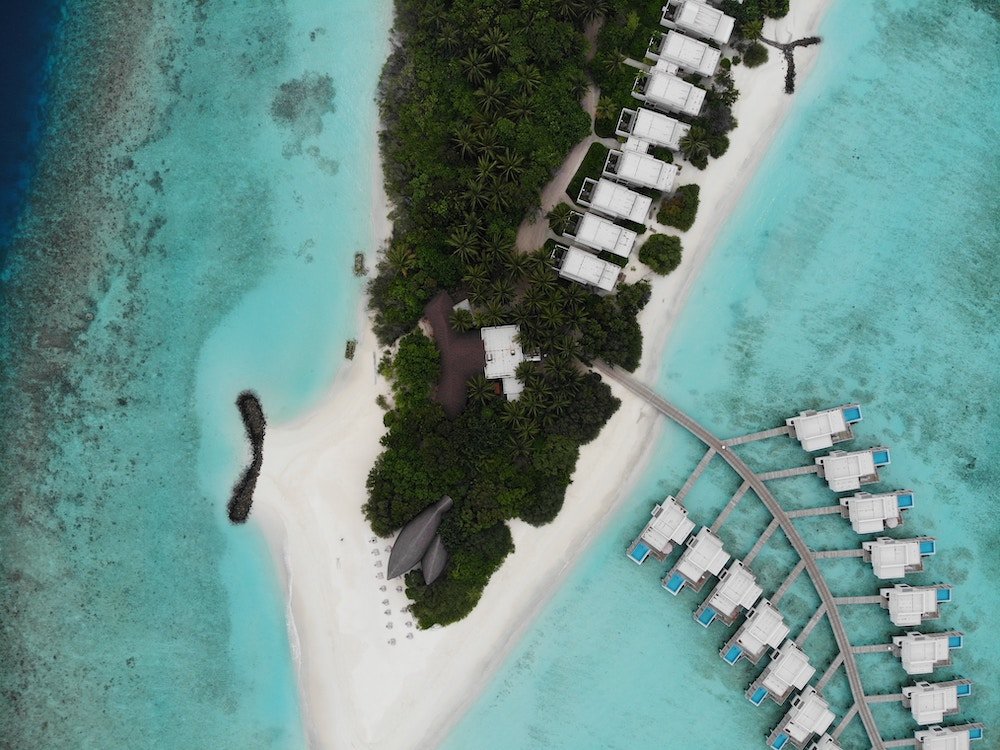
Potential for Island Resorts
The allure of private islands extends beyond ownership to the potential for creating exclusive island resorts.
The tourism and hospitality industry play a pivotal role in transforming private islands into sought-after destinations for discerning travelers.
The development of luxury resorts on these islands not only generates additional revenue streams for owners but also elevates the islands’ profiles as desirable getaways.
The prospect of offering an unparalleled hospitality experience, complete with world-class amenities, contributes to the overall appeal and market value of private islands.
Impact on Island Prices
The intersection of private island ownership with the tourism and hospitality industry can have a profound impact on island prices.
Islands with the potential for resort development often command higher market values.
The allure of hosting guests in a secluded paradise, coupled with the financial benefits derived from resort operations, adds a layer of value that resonates with both investors and individuals seeking an exclusive retreat.
The symbiotic relationship between private ownership and commercial potential contributes to the overall market trends and pricing dynamics.
Future Outlook and Emerging Trends
1. Technological Advancements

Sustainable Energy Solutions
The future of private island ownership is poised to embrace sustainable energy solutions, marking a shift towards eco-friendly practices.
Islands are increasingly integrating renewable energy sources, such as solar, wind, and hydroelectric power, to reduce reliance on traditional energy grids.
The adoption of sustainable energy not only aligns with global environmental initiatives but also offers long-term cost savings for island owners.
As technology continues to advance, we can expect private islands to lead the way in implementing innovative, green energy solutions, creating a harmonious balance between luxury living and environmental stewardship.
Smart Infrastructure and Connectivity
The dawn of smart infrastructure is transforming the way private islands are developed and managed.
Owners are investing in cutting-edge technologies to enhance connectivity and streamline island operations. From smart home automation systems to efficient waste management solutions, technology is becoming an integral part of the island experience.
High-speed internet connectivity and advanced communication systems further enable remote work and connectivity, making private islands attractive not only for leisure but also as unique work-from-paradise destinations.
The integration of smart technologies not only adds convenience but also positions private islands at the forefront of modern living.
2. Global Events and Influences

Economic Shifts
Global economic shifts wield considerable influence over the private island market.
Economic downturns can lead to a reevaluation of luxury spending and investment decisions, potentially impacting the demand for exclusive retreats.
Conversely, periods of economic prosperity may see an uptick in interest and purchasing power for private islands.
The resilience of the private island market in the face of economic shifts will continue to be a defining factor in the future, reflecting the adaptability of this niche segment to the broader economic landscape.
Environmental Concerns and Regulations
Growing environmental concerns and regulations are becoming increasingly pivotal in shaping the future of private island ownership.
As the world grapples with climate change and ecological preservation, islands are subject to heightened scrutiny regarding sustainability practices.
Stringent environmental regulations may impact the development and usage of private islands, influencing both ownership decisions and the market perception of these exclusive properties.
The future of private island ownership may see a greater emphasis on eco-friendly practices, conservation efforts, and adherence to environmental standards.
Conclusion
Since we have deep-dived into some of the world’s most expensive islands, we’ve delved into a complex interplay of factors contributing to their extraordinary expenses.
From geographical significance, size, and terrain to historical narratives, development investments, and the allure of exclusivity, the pricing of private islands is a nuanced dance.
Celebrity influence, media coverage, and the role of luxury real estate developers shape market dynamics, while the tourism and hospitality industry transforms private islands into exclusive resorts, impacting their values.
Looking ahead, technological advancements, sustainable practices, and global events are poised to redefine the landscape, adding extra layers to the attraction of private islands.
The world’s most expensive islands are not merely pieces of land; they are canvases where dreams meet reality, inviting those with the means to own a slice of unparalleled luxury and a connection to nature unlike anywhere else.

FAQ’s about the most expensive islands
What are the richest islands in the world?
- Manhattan, New York, USA: Often considered an “urban island,” Manhattan is home to significant wealth with a concentration of financial institutions, luxury real estate, and corporate headquarters.
- Monaco: While not a traditional island, Monaco is a small principality on the French Riviera known for its opulence, tax advantages, and concentration of wealth.
- Lanai, Hawaii, USA: Once owned by billionaire Larry Ellison, Lanai is a privately-owned island known for its luxury resorts and exclusive atmosphere.
- Mustique, Saint Vincent and the Grenadines: A private island that has been frequented by celebrities and billionaires, known for its upscale villas and exclusive clientele.
- Ibiza, Spain: Famous for its vibrant nightlife and luxury lifestyle, Ibiza is an island in the Mediterranean Sea attracting affluent visitors from around the world.
- Necker Island, British Virgin Islands: Owned by Sir Richard Branson, Necker Island is a private island resort known for hosting celebrities and high-profile events.
What is the most expensive island to buy?
Lanai Island in Hawaii holds the title of the world’s priciest island, boasting a staggering value of $610 million. This tropical haven features pristine beaches, coconut palm trees, and captivating marine life, inviting exploration and offering a glimpse into paradise.
What are the most expensive islands in the world to rent?
- Necker Island (British Virgin Islands): Owned by Sir Richard Branson, Necker Island is renowned for its exclusivity and has been available for rent, providing a lavish retreat for those seeking ultimate privacy and luxury.
- Musha Cay (Bahamas): Magician David Copperfield owns Musha Cay, a private island that can be rented for an extravagant and secluded experience, complete with luxurious accommodations and exclusive amenities.
- Laucala Island (Fiji): Laucala Island, owned by Dietrich Mateschitz, co-founder of Red Bull, is a private island with high-end villas and world-class amenities available for rent.
- Lanai Island (Hawaii, USA): Once owned by Oracle co-founder Larry Ellison, Lanai Island offers upscale accommodations and stunning landscapes for those seeking an exclusive Hawaiian getaway.
- Cocoa Island (Maldives): Cocoa Island in the Maldives is known for its overwater bungalows and luxurious accommodations, providing an intimate and high-end experience.
- Fregate Island (Seychelles): Fregate Island is a private island known for its conservation efforts and luxurious villas, offering an exclusive retreat in the Seychelles.
- Calivigny Island (Grenada): Calivigny Island is a private island resort in the Caribbean, offering rental options for those seeking a lavish and secluded escape.
- Mustique Island (Saint Vincent and the Grenadines): Mustique, a private island known for attracting celebrities, offers exclusive villas and residences for rent.
